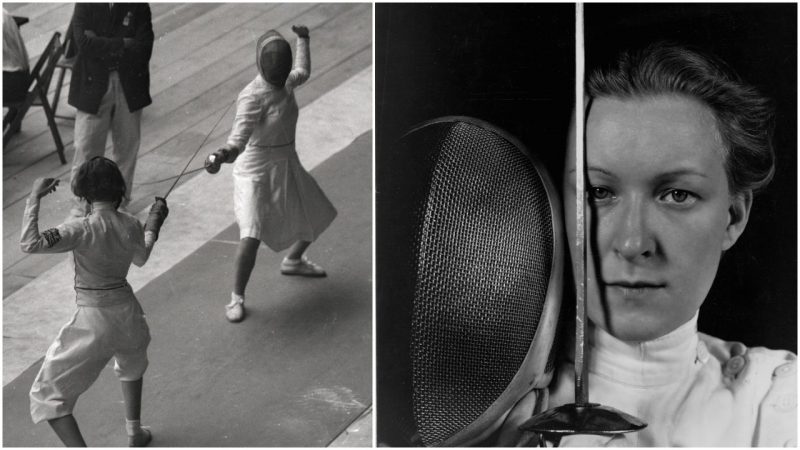The Summer Olympic Games held in Berlin in 1936 proved to be nothing more than means for Hitler to consolidate his power within Germany and beyond its borders.
It was a colossal propaganda effort for which a new 100,000-seat track and field stadium, six gymnasiums, and many other sports facilities were built – all for the purpose of presenting Hitler’s ideas of racial supremacy and anti-Semitism.
The Völkischer Beobachter – a newspaper serving as the voice of the Nazi Party – strongly supported the idea that no Jews should be allowed to compete, which led many German athletes of Jewish origin to suffer all sorts of penalties, forcing some of them into voluntary exile.
However, the world wasn’t compliant with what the Nazi Party propagated. Their usurpation of the sports competition with the longest-running tradition was criticized by many.
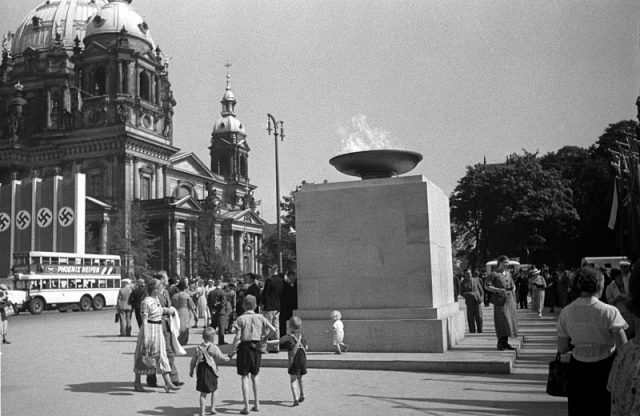
In the U.S, there were those who believed that the country should boycott the 1936 Olympics due to Hitler’s stand towards Jewish athletes and his obvious discrimination towards athletes of African-American descent.
As a forced response to such criticism, the Fuhrer decided to provide his Olympic team with one German-Jewish athlete, as “proof” that the Jews were treated fairly under his rule.
His choice was Helene Mayer – a superb fencer and the gold medal winner of the 1928 Olympics held in Amsterdam. A fencing prodigy, Mayer won the Olympics at 17 years of age, becoming an instant celebrity in the Weimar Republic.
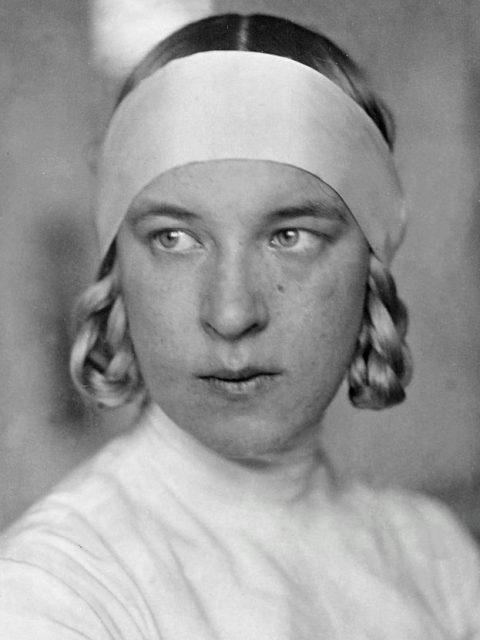
Helene’s father was Jewish, while her mother was Lutheran, and even though the family didn’t have any problem integrating the two religions, it became a great issue with the rise of Nazism in Germany.
After the Los Angeles Olympics in 1932, she remained in the United States as part of a student exchange program.
Despite finishing fifth in the LA Olympics, due to her father’s sudden death in 1931 and the death of her then-boyfriend, which happened on the day of the match, Helene was perceived in the U.S. as a top-notch fencer, whose style and technique were without a doubt spectacular.
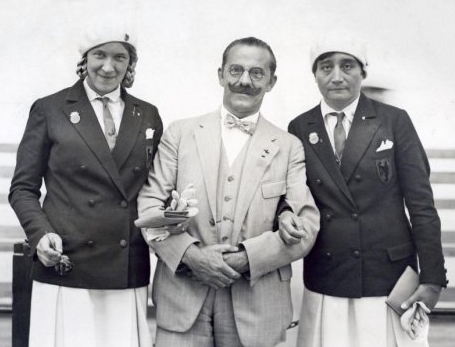
But when the Nazi Party came to power, racial laws were implemented, affecting all Jews, without exception. Very soon her membership in the German fencing club was revoked, and her scholarship canceled.
Two years later Helene Mayer lost her German citizenship. Luckily for her, she managed to enroll into Berkley and to compete for the USC Fencing Club.
In 1936, however, it appeared that the same people who stripped her of citizenship and humiliated her to the point of complete ostracization, wanted her to perform once again for Germany.
Top 10 Surviving Buildings Built By The Nazis During Their Time In Power
Caught in the crossfire between her professional career and her dignity and pride, she decided to comply with Hitler’s demand. She once again joined the German Olympics team and fenced for her home country. After the fall of the Third Reich, her decision became a subject of heated debate.
To some, it was an act of treachery towards her people and an example of selfishness and opportunism, while others believe that she accepted the offer in the hope of securing better treatment for her family, who were still living in Germany.
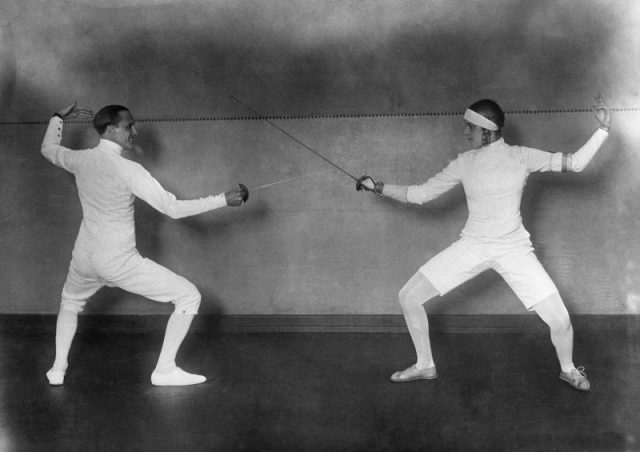
The author of Mayer’s 2002 biography, titled Foiled: Hitler’s Jewish Olympian, Milly Mogulof, believes that Helene accepted the offer mostly in hope of regaining her citizenship. As a consequence of her homesickness, the fencer was locked in what Mogulof described as:
“…If the state and one individual had struck a toxic bargain bereft of any intervening moral judgment.”
Goebbels personally forbade any newspapers to mention her non-Aryian origin in the attempt to cover-up Hitler’s compromise which came as a political necessity. She was barely tolerated as a “token Jew” in the team – despite being the one who obviously defied their twisted logic by which Jews are subhumans, unable and unworthy of being champions.
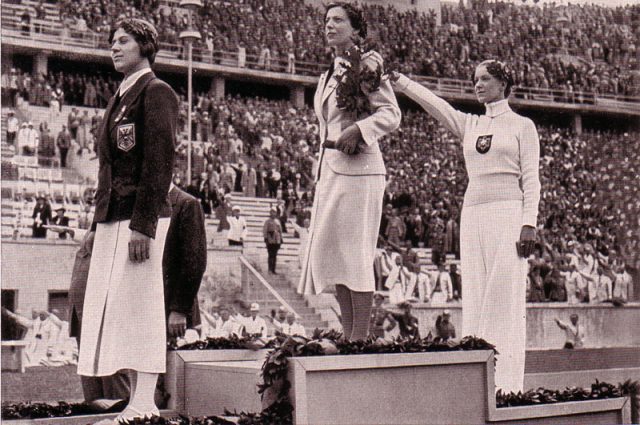
All this pressure ultimately caused her to lose the match against Hungary’s Ilona Elek in an epic duel which became a fencing textbook example of excellence. She fought valiantly and with great skill in a match which no one was allowed to appreciate.
While receiving her silver medal, Mayer even gave the Nazi salute on the podium, probably as part of the deal, all in hope of restoring her former glory. All in vain – it was clear from the start that she was being manipulated only to fulfill her role and return back to obscurity.
A year after, she fenced for Germany once more in the International Fencing Federation championship in Paris and won. The press in Germany chose to completely ignore this triumph, which was the final drop for the fencing champion. She returned to the US disappointed, bitter and most of all sad, as she had become so unwanted and irrelevant in her homeland, despite such great achievements.
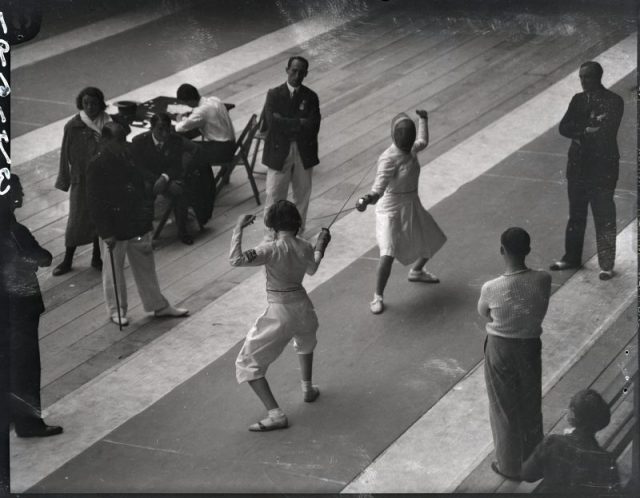
Little is known about Helene Mayer and her exact motives for agreeing to take part in the 1936 Olympics and the Paris championship, as she led a reclusive life in the following years, refusing to give interviews and leaving little correspondence.
However, her career in America was far from over as she continued to fence, winning several US women’s foil championships, the last one being in 1946.
Mayer returned to Germany in 1952, where she married and tried to continue her life as it was before the Nazis, but with little success.
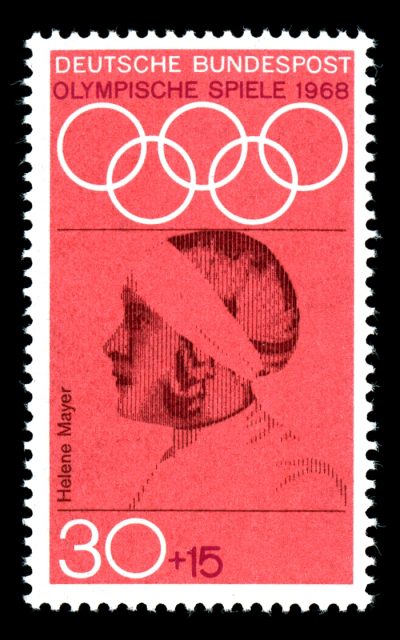
Even though she is today considered as one of the greats in the history of the sport, the tragic twist of fate which led her to become a pawn of historic injustice seemed to haunt her until the end. Robbed of her former glory, she gave everything to restore it back and lost everything in return.
In 1953, just one year after her return to Germany, breast cancer got the best of her in a duel against an unbeatable foe – death itself.
Nikola Budanovic is a freelance journalist who has worked for various media outlets such as Vice, War History Online, The Vintage News, and Taste of Cinema. His main areas of interest are history, particularly military history, literature and film.
